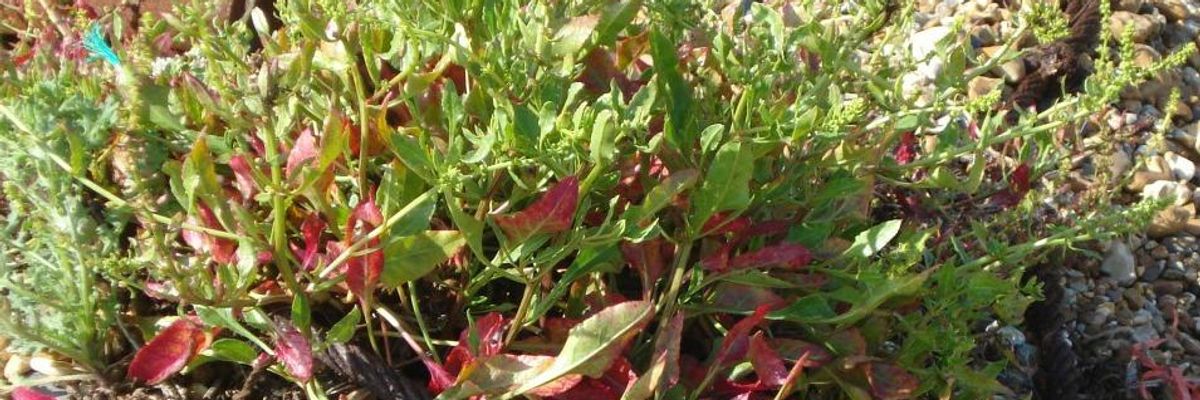The ongoing conflicts raging across the Middle East are putting the Earth's essential food stocks at dire risk, a group of researchers from England's University of Birmingham announced Monday.
The scientists, presenting their findings at the British Science Festival in Birmingham, say they have identified key global 'hotspots' for wild crop species--known as crop wild relatives (CWRs)--which are distantly related to domesticated crops. According to the group, these species are most concentrated in the area of the Middle East known as the 'Fertile Crescent,' which arcs around the Arabian desert in Jordan, Palestine, Israel, Syria, Lebanon, Turkey and ending in Iraq and Iran.
"The Middle East is where the basis of our future food security is located," Dr. Nigel Maxted of the University of Birmingham's School of Biosciences told the Independent. "Wheat is not a native UK species. It was brought from the Fertile Crescent centuries ago."
Globally, the highest concentration of CWR per unit area is found within the borders of Syria, Lebanon, Jordan and Israel, the scientists report. Ongoing conflicts in this region have increasingly threatened the conservation of these vital plants, as both access and protection are limited.
Research has shown that 12 percent of the world's CWRs are under threat of extinction and "all are likely to be already suffering a loss of genetic diversity due to habitat loss and alteration, conflict, intensive agriculture, urbanization, and mismanagement of the environment."
The Birmingham researchers have compiled the first-ever comprehensive database of "globally important" CWRs, listing 173 crops and their 1667 priority wild relatives, along with their particular genetic traits.
The rise in industrial monoculture farming has nearly eliminated biodiversity among crop plants making scientists and farmers increasingly dependent on wild crop species, which for millenia have been used to sustainably breed improved crops. The wild relatives of crops typically contain important genetic traits such as drought tolerance, yield improvement, and resilience to pests and diseases.
Maxted said that if people are concerned with food security, the focus ought to be placed on "conserving species that are found in the Fertile Crescent, which is where the crops that we consume every day generally come from."
Further, he adds that in addition to placing these wild crop species in secure seed banks, it is critical to conserve these plants in their natural habitat "so they will continue to adapt to changes in the climate as well as threats from pests and diseases."
The Birmingham group says they are currently in talks with governments in the Fertile Crescent region to implement conservation efforts and are also partnering with the UN's Food and Agriculture Organization to plan and implement such efforts.
"The global population is now 7 billion and by 2050 it will be 9 billion so it is now even more crucial that we conserve crop wild relatives as part of the wider need to address global food security issues," Maxted added.

